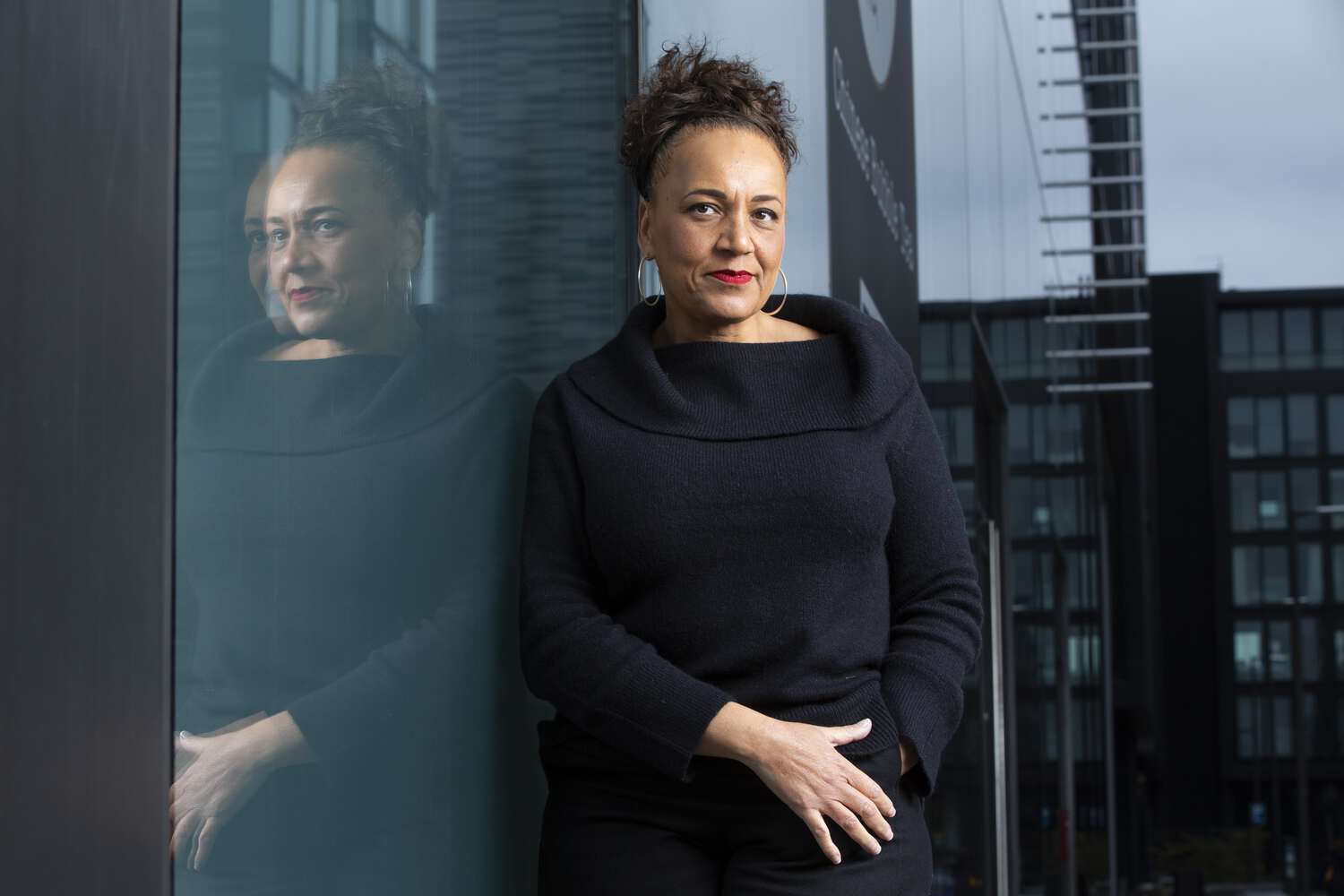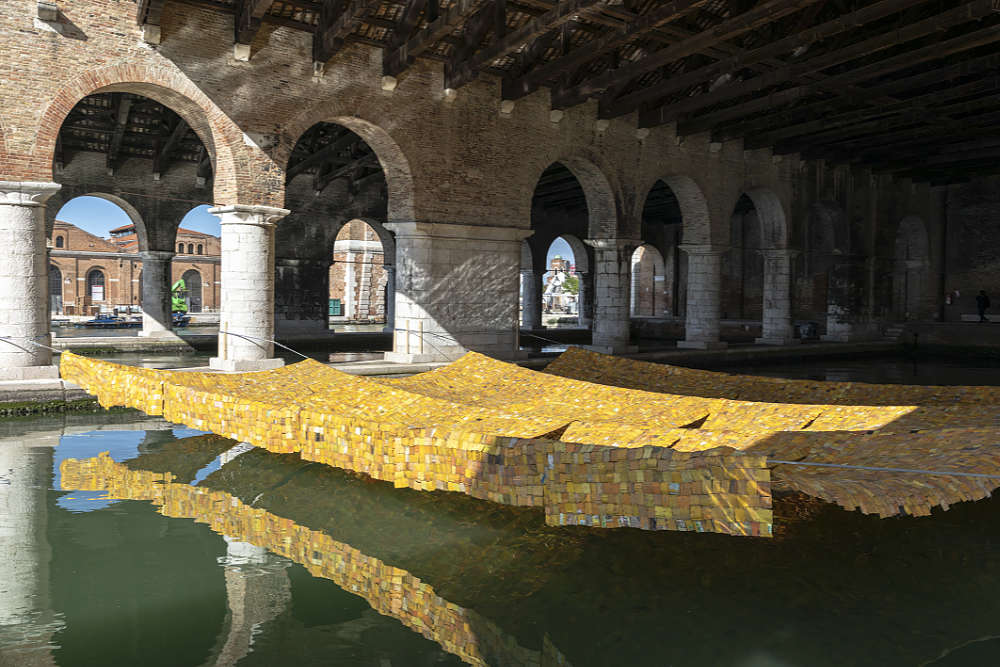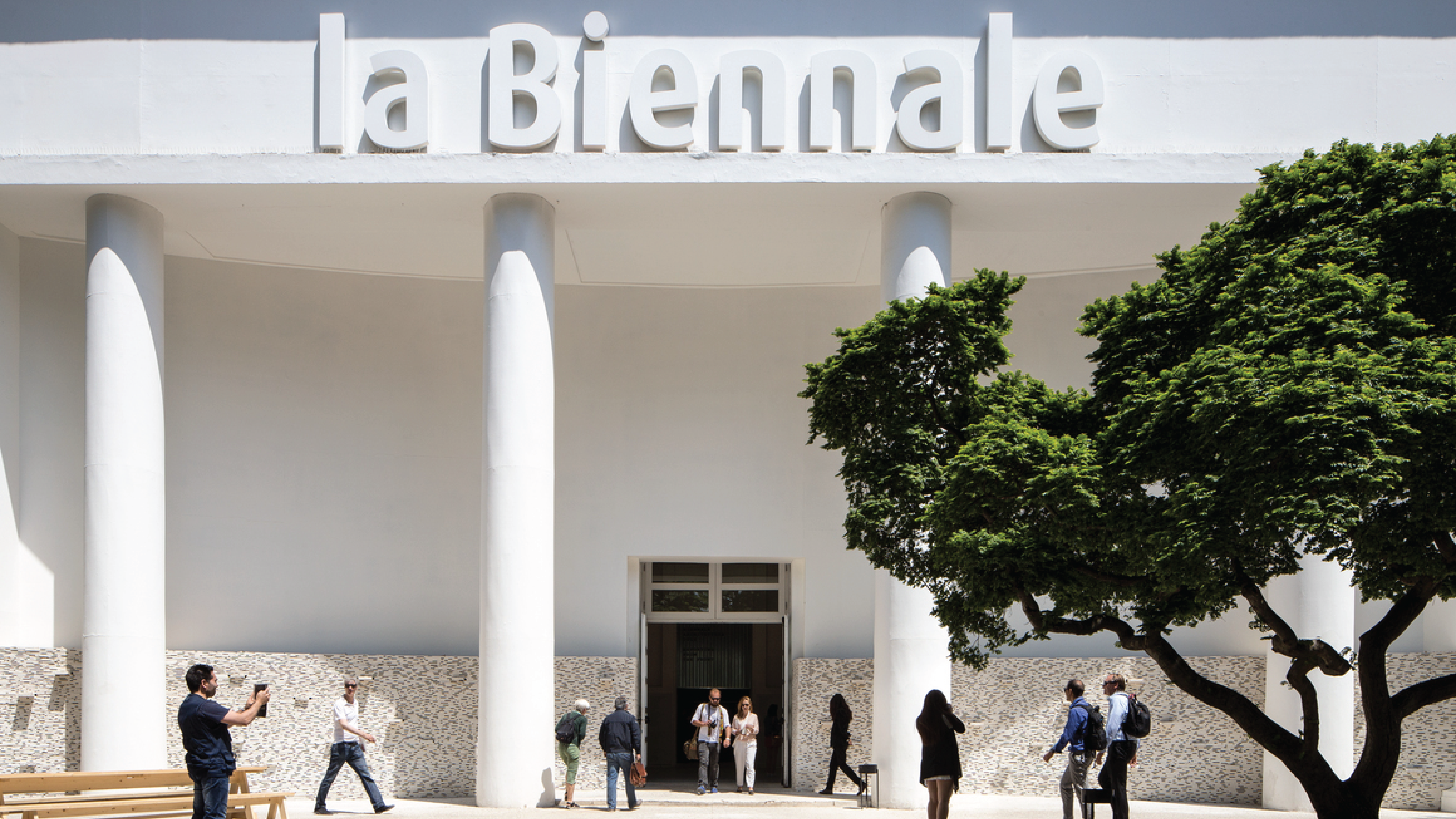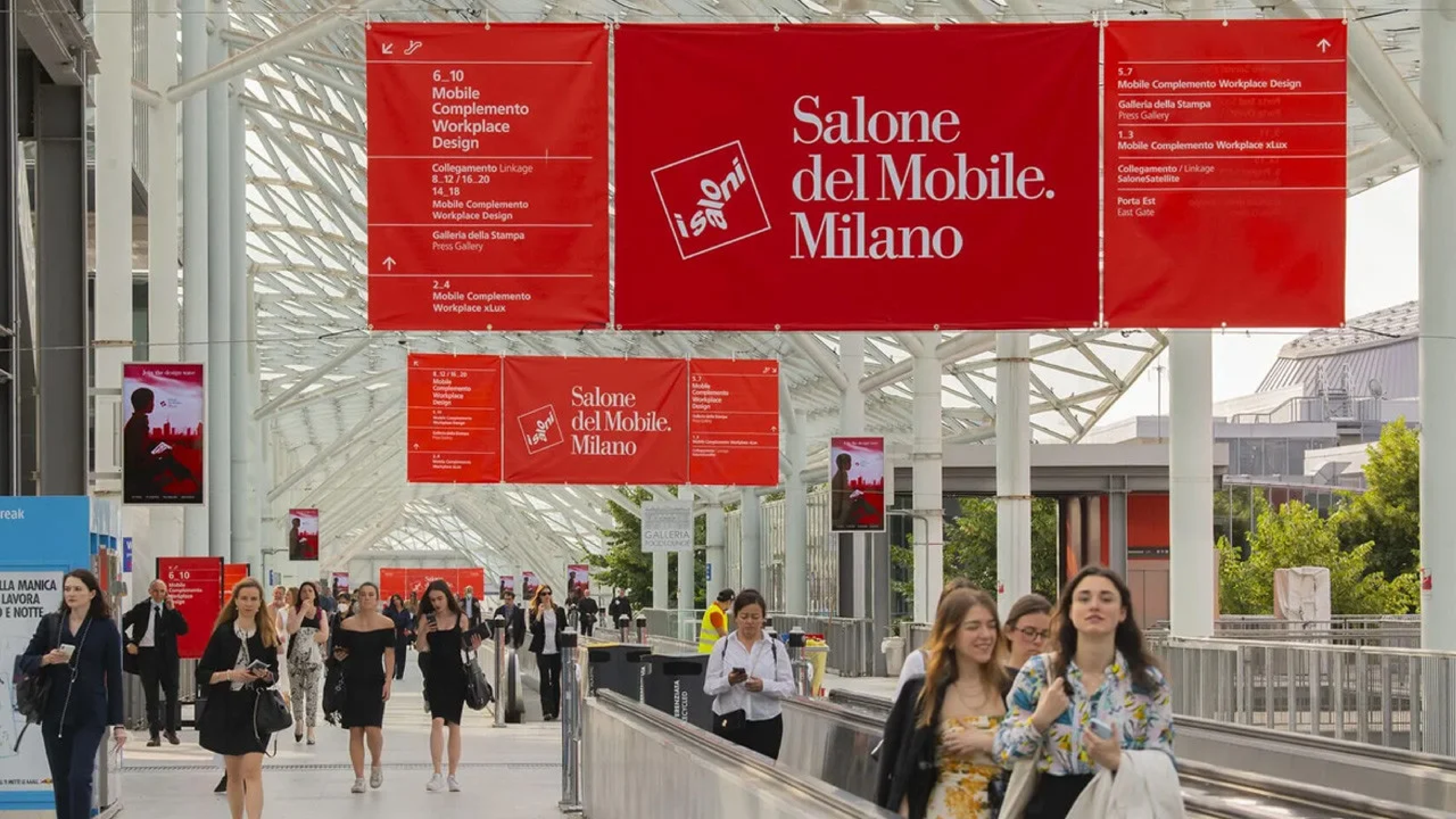The Venice Architecture Biennale, officially known as the International Architecture Exhibition of the Venice Biennale, is a major event in the field of architecture that takes place every two years in Venice, Italy, parallel to the Venice Art Biennale. The Architecture Biennale was founded in 1980 and has become one of the most prominent and prestigious events in the global architectural community.
The main exhibition showcases works, projects, and exhibitions by internationally renowned architects, studios, and firms. Each edition has a specific curatorial theme or focus, selected by the appointed curator, which sets a conceptual framework and promotes dialogue and reflection on relevant topics in the field of architecture.
This year, the Venice Biennale will be held under the title “The Laboratory of the Future,” curated by Lesley Lokko, a Ghanaian-Scottish architect, academic, and novelist. A total of 89 contributors form the main show, impressively obtaining a sustainability credential, highlighting the importance of rethinking the festival model towards a more environmentally friendly future.
Under Lesley Lokko’s direction, this 18th edition aims to position the festival as “an agent of change” in the built environment.
“In architecture particularly, the dominant voice has historically been a singular, exclusive voice, whose reach and power ignore huge swathes of humanity – financially, creatively, conceptually – as though we have been listening and speaking in one tongue only,” explains Lokko. “The ‘story’ of architecture is therefore incomplete. Not wrong, but incomplete. It is in this context particularly that exhibitions matter.”

Lesley Lokko, image by Murdo Macleod
The aim is to give space to those who have been previously underrepresented, particularly (but not exclusively) Africa and the African diaspora. The objective is to present different ways of seeing architecture. This includes “decarbonization,” “decolonization,” less exploitative forms of construction, and reevaluation of the past. Lokko expands the definitions of what is typically considered architecture to include art, performance, games, activism, and other ways of inhabiting physical space that are available to those lacking the power and resources to build large permanent structures.
The architect and academic, who is in the process of establishing the new African Futures Institute in Accra, a research institute and architecture school in Ghana, drew on her extensive research to discuss timely issues of diversity and inclusion in architecture, the role of African culture and power in the world.

Serge Attukwei Clottey: Time and Chance. Image by Marco Zorzanello
Likewise, the different exhibitions are expected to follow the curated line of inclusion and sustainability created by Lokko. While not directly curated by her, the national pavilions align with her themes. For example, the Nordic countries pavilion showcases a collection of artifacts related to the Sami people—a display of timber, reindeer hide, and color assembled by architect and artist Joar Nango.
The British pavilion presents a rewarding compilation of films depicting the lives and rituals of minorities in Britain, using both recent and archival footage. It includes a Sikh funeral, a hair salon in Streatham, domino games and 1980s anti-police protests in Bradford.
The Venice Biennale of Architecture is held in the city of Venice, Italy. The majority of events and exhibitions take place in the Biennale Gardens, located in the Castello district. It will be held from May 20th until Sunday, November 26th, 2023.




Leave A Comment